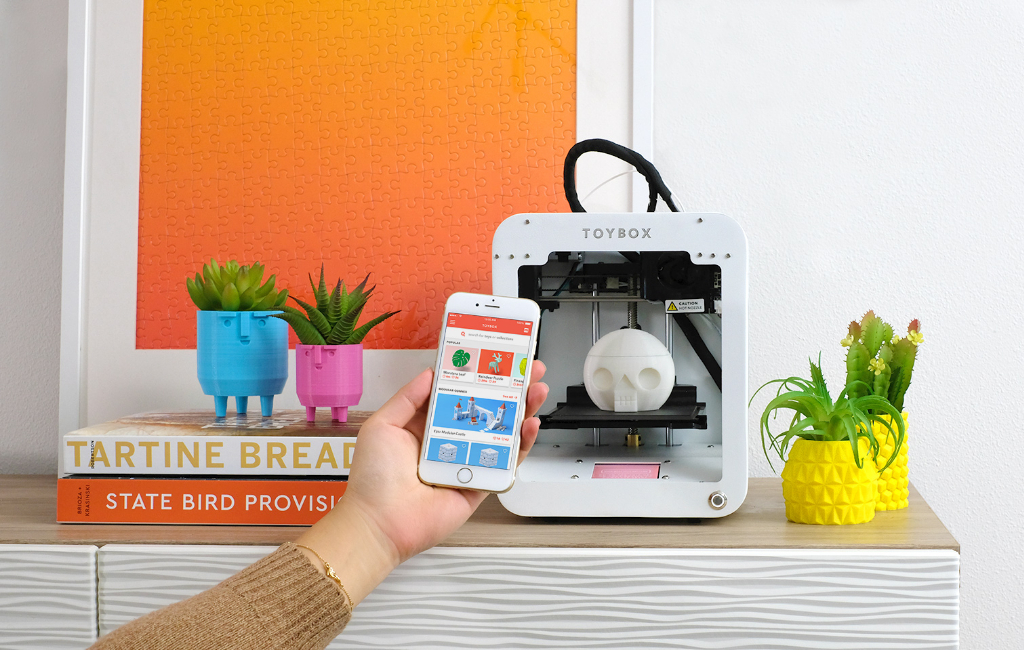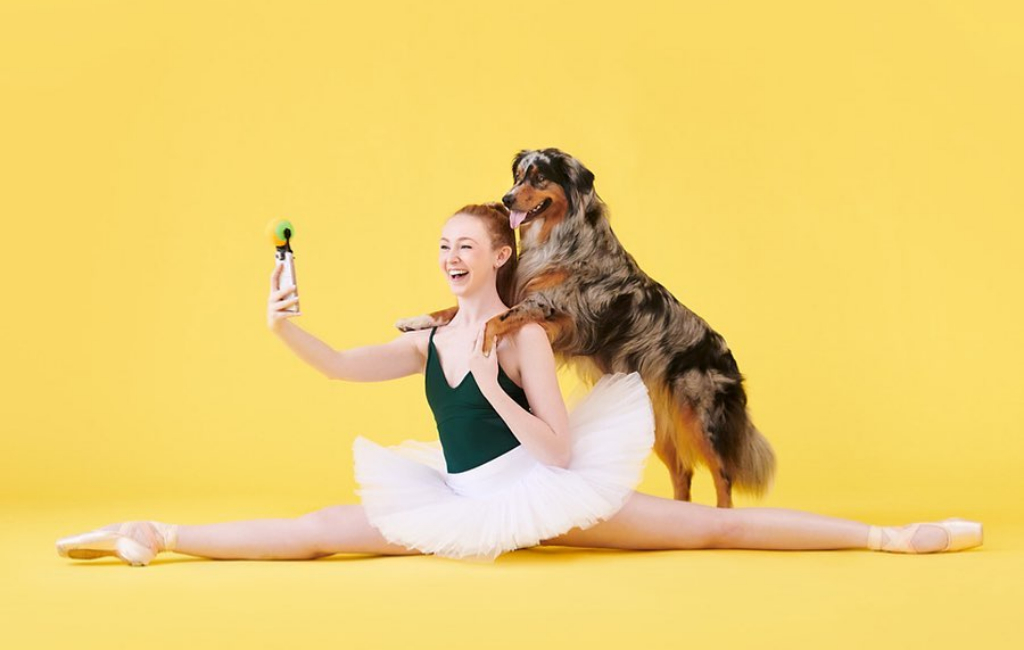Kudo Banz Rewards For Kids
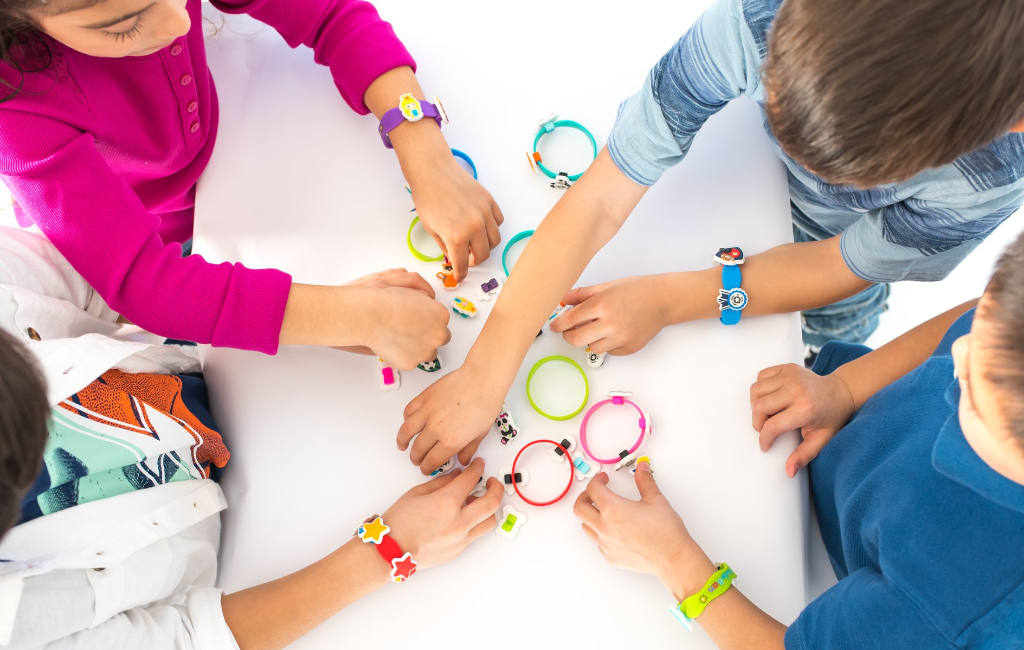
NO DEAL
EPISODE SUMMARY
🕓 Air Date: March 17, 2019
Asking For:
$150,000 for 10%
Investor:
No Deal
Deal:
No Deal
PRODUCT SUMMARY
Kudo Banz is a wearable sticker chart for children that uses a storybook and a mobile app to motivate good behavior.
WATCH HERE
IN A RUSH?
Click these to jump to the section you want to read.
Background Story
Kudo Banz, presented on Shark Tank by Amanda and Hamza from Shelton, Connecticut, is a family business with a mission to simplify parenting challenges. The founders, Amanda and Hamza, embarked on the journey of creating Kudo Banz in response to the universal struggles parents face, such as potty training, tantrums, and bedtime routines. Drawing inspiration from the traditional sticker-chart method, a popular parenting tool, they recognized its limitations—it was confined to the home environment. Motivated to offer a more versatile solution, Amanda and Hamza introduced Kudo Banz, a wearable sticker chart for children’s wrists.
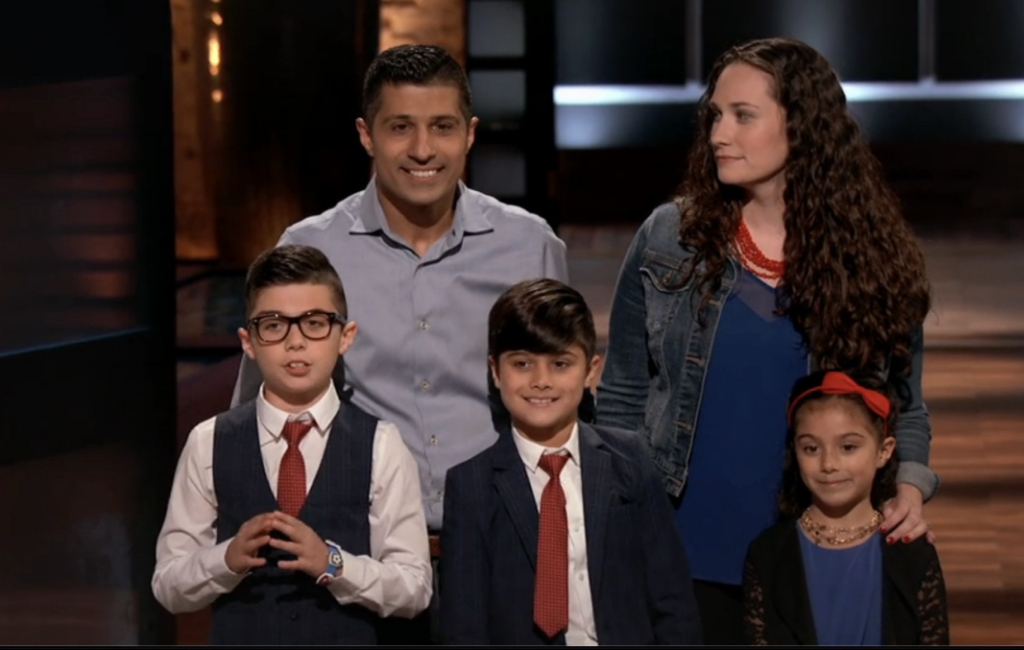
The couple’s three children, Mika’il, Ayaan, and Sofia, played a pivotal role in presenting the product on Shark Tank. The founders shared their story with the Sharks, underscoring the challenges of modern parenting and the need for a tool that could be used on the go. Amanda’s background includes successfully growing a business on Etsy, showcasing her entrepreneurial acumen. The concept of Kudo Banz emerged from a moment of reflection when Amanda came home one day, and her son, Mika’il, expressed dissatisfaction with her listening skills. Recognizing the impact of negative focus and time-outs, Amanda and Hamza decided to create a product that could positively reinforce good behavior.
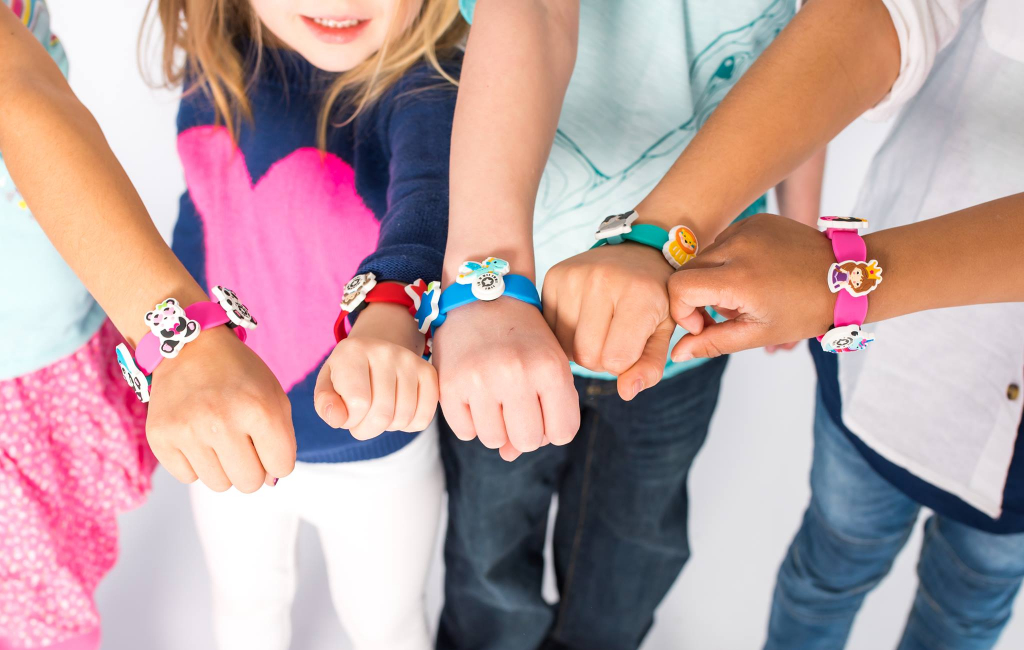
The family soft-launched Kudo Banz in 2017, learning about their market and creating a new category. Their official debut occurred at the 2018 New York Toy Fair, where they engaged with retailers. The founders, having resigned from a hedge-fund job, demonstrated a deep commitment to their venture, emphasizing their all-in approach to the business. In essence, Kudo Banz is more than a product—it’s a solution born out of personal experiences and a genuine desire to make parenting easier for families worldwide.
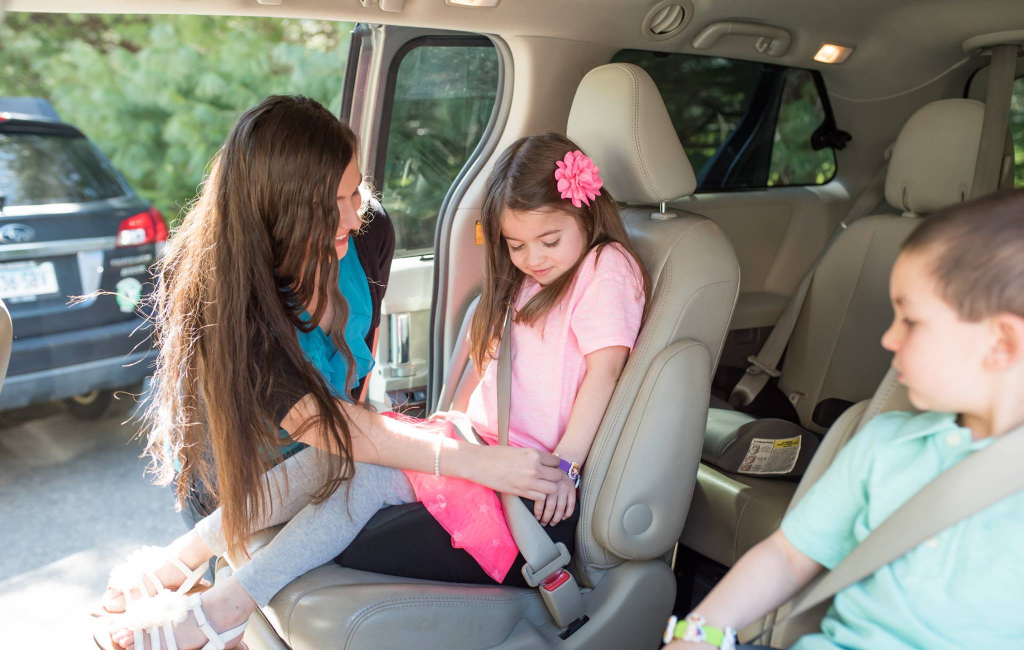
The Product
Kudo Banz is an innovative parenting tool designed to motivate and reinforce positive behavior in children. The product revolves around a wearable sticker chart system that engages kids through a combination of a storybook, wristbands, and a mobile app.
The process begins with a storybook where children learn about the importance of good behavior. Upon completing the story, they receive a Kudo Banz wristband, and for every positive action, they earn Kudos. The third Kudo is particularly special, as it comes to life through the Kudo Banz app, unlocking a customizable reward system. This includes a wheel where kids can choose their own incentives, ranging from extra bedtime stories to family dance parties.
The Kudo Banz starter kit, priced at $29.95, encompasses a hardcover storybook, wristbands, and the unique Kudo Banz app. The bands feature various charms that represent achievements and positive actions. Parents have the flexibility to customize rewards based on their children’s goals.
Kudo Banz is available for purchase online through their official website and on Amazon. The product not only provides a fun and interactive experience for children but also offers parents a portable and effective tool to encourage good behavior in various settings.
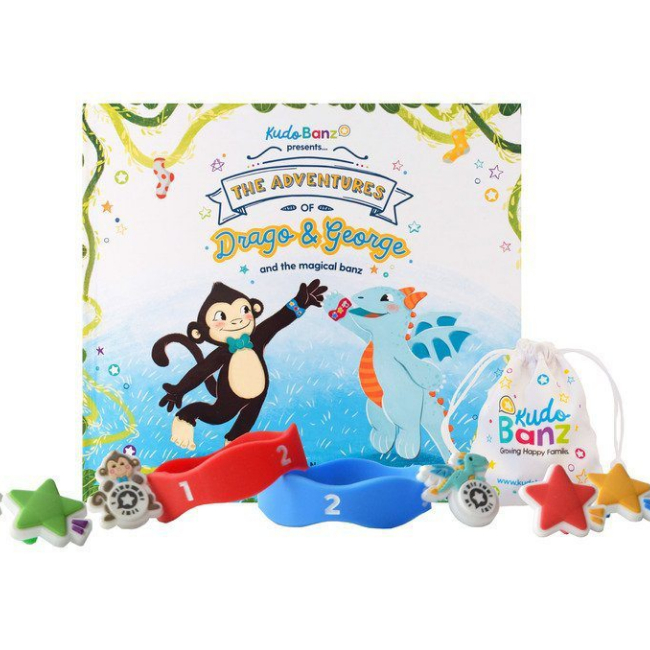
How It Went
The company’s position before Shark Tank
Kudo Banz has exhibited a promising start, with reported sales totaling $80,000. The company has strategically positioned itself in the market by focusing on online sales through its website and Amazon. They have also established connections with buybuy Baby, a prominent retailer in the parenting and baby products sector, showcasing potential for expansion into retail distribution channels. Currently, Kudo Banz operates primarily as an online business, and its founders, Amanda and Hamza, have invested significant personal commitment, with Amanda resigning from her hedge-fund job two years ago to fully immerse herself in entrepreneurship. The founders emphasized their all-in dedication to the business during their pitch on Shark Tank.
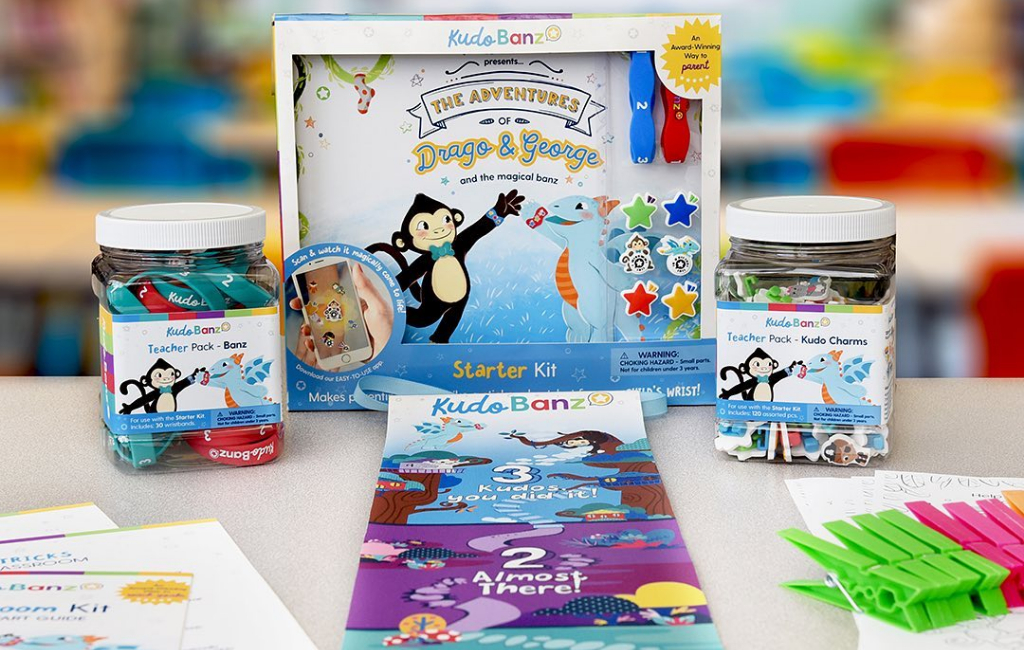
While the company’s sales figure is noteworthy, there was no detailed information provided on profits and losses. Kudo Banz positions itself as a high-margin business, with the starter kit costing $4.98 to produce and selling for $29.95. The founders highlighted their substantial profit margins during the negotiation. In terms of funding, the founders did not disclose specific details on their current funding sources or available capital. However, Amanda’s background in successfully growing a business on Etsy suggests a history of financial resourcefulness.

The company’s structure and partnerships reveal a family-centric approach, with Amanda, Hamza, and their three children actively involved in presenting and promoting Kudo Banz. Their pitch on Shark Tank showcased a commitment to their mission of making parenting easier worldwide, and they expressed confidence in their assets, including intellectual property patents. As Kudo Banz continues to evolve, it will be interesting to see how the founders navigate the challenges highlighted during the Shark Tank pitch and leverage their online presence and retail partnerships for sustained growth.
The Negotiations:
The negotiations for Kudo Banz on Shark Tank were a rollercoaster of optimism and challenges. Seeking $150,000 for a 10% equity stake, the founders, Amanda and Hamza, faced scrutiny from the Sharks regarding their valuation and the company’s current performance. Kevin O’Leary was the first to voice concerns, criticizing the high valuation of $1.5 million given the company’s sales of $80,000. He pointed out the need for more proof of concept before considering such a valuation. Mark Cuban, while acknowledging the founders’ hard work, raised immediate challenges and the necessity for adjustments, leading him to opt out.
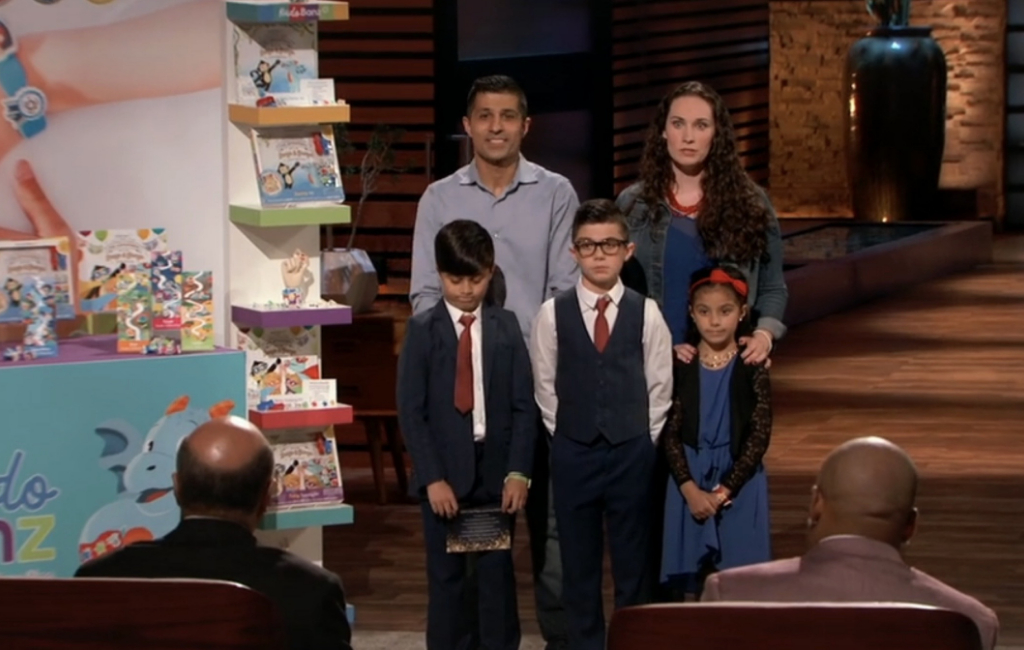
Other Sharks followed suit, with John Higgins citing previous experiences with a similar product and the challenges of longevity in children’s interest. Daymond John expressed doubts about the product’s differentiation and also decided not to invest. Kevin Harrington, acknowledging the founders’ achievements but uncomfortable with the valuation, made an offer for $150,000 for a 50% stake, which the founders promptly declined. Lori Greiner and Barbara Corcoran opted out, emphasizing the product’s similarity to existing reward systems.

In a surprising turn, Mark Cuban, after opting out earlier, commended the founders on their accomplishments but highlighted immediate challenges and the need for adjustments. He reiterated that the road ahead could be difficult. Ultimately, he chose not to invest but congratulated the founders on their journey. Despite leaving the Tank without a deal, Amanda and Hamza remained optimistic, viewing the experience as an opportunity to prove themselves. The negotiation showcased the challenges of justifying a high valuation without substantial sales but underscored the founders’ resilience and commitment to their mission.






